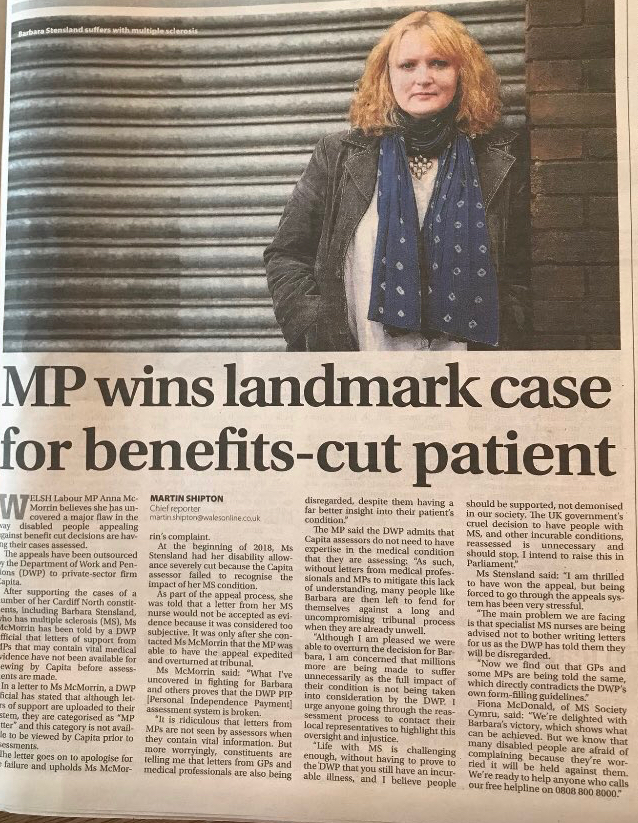 I’ve read a lot about ‘Imposter Syndrome’ recently and I totally identify.
I’ve read a lot about ‘Imposter Syndrome’ recently and I totally identify.
In the Summer, I applied for a teaching job at a University – a ten-week short course focusing on blogging.
I duly went for the interview and after taking my seat, the first thing I announced was ‘Oh, I’m not academic’.
Needless to say, I didn’t get the job.
I also said, ‘Oh, I don’t write, not really.’
I guess I’ve grown up believing ‘writing’ belongs in inaccessible ivory towers, to which I have no access. In my mind, ‘writers’ gad about London, passing through Private Member’s Clubs, tapping into the Old Boy’s Network.
It took one of my interviewers, the wonderful Michelle Deininger, who gave me insightful interview feedback a week later (when I could face it) to point out that, d’uh, if two global drugs companies feature my writing, and I have a book that is still selling, then I’m a writer.
And now I have joined the National Union of Journalists, I really have no excuse.
My little blog started this month, six years ago – a cry/shout out against everything that I was experiencing; the loss of my income, my job, my partner, my future. Perhaps it’s true that writing should always come from the heart, and encouraged by M. J. Hyland, who urged me to start blogging, I picked up a book about WordPress and away I went.
When everything else around me was falling to pieces, I found solace in writing. I poured out my deepest, darkest fears, my anxiety, my despair. But also the comical moments with MS and my teenager.
In 2011, when MS first started, I was struggling to complete my degree.
In 2018, thanks to everyone here, I have gained my Master’s and started my Research PhD, with MS as the main focus.
So, the PhD. I have a monthly target of writing 1,000 words.
If you want to, I would really love to hear your stories about when you were told your initial MS symptoms were ‘all in your mind’ or something similar.
It happened to me.
Despite my father having PPMS, I was initially dismissed in A&E, and told quite definitively I did not have MS.
Eleven months later, I was diagnosed with rapidly-evolving MS, and had treatment to match, natch.
If you want to, please email me at barbarastensland@hotmail.com All replies will be treated in utmost confidence. But if you’d like to, I will mention you as a reference in my completed PhD and book.
Please, do what I did – just write. Tell me YOUR story.
 In 2012, my only wish was to see The Teenager through High School.
In 2012, my only wish was to see The Teenager through High School.
 I’ve read a lot about ‘Imposter Syndrome’ recently and I totally identify.
I’ve read a lot about ‘Imposter Syndrome’ recently and I totally identify. I’ve been approached by Jowinn Chew, a first year PhD student at King’s College London, based at Guy’s Hospital, supervised by Dr Colette Hirsch and Prof Rona Moss-Morris.
I’ve been approached by Jowinn Chew, a first year PhD student at King’s College London, based at Guy’s Hospital, supervised by Dr Colette Hirsch and Prof Rona Moss-Morris. MS is hard enough on your own body and soul, but witnessing your child coming to terms with it in a parent is heart-wrenching.
MS is hard enough on your own body and soul, but witnessing your child coming to terms with it in a parent is heart-wrenching. The day I got back home from my hernia operation, I received a letter from the Tribunal Service.
The day I got back home from my hernia operation, I received a letter from the Tribunal Service.